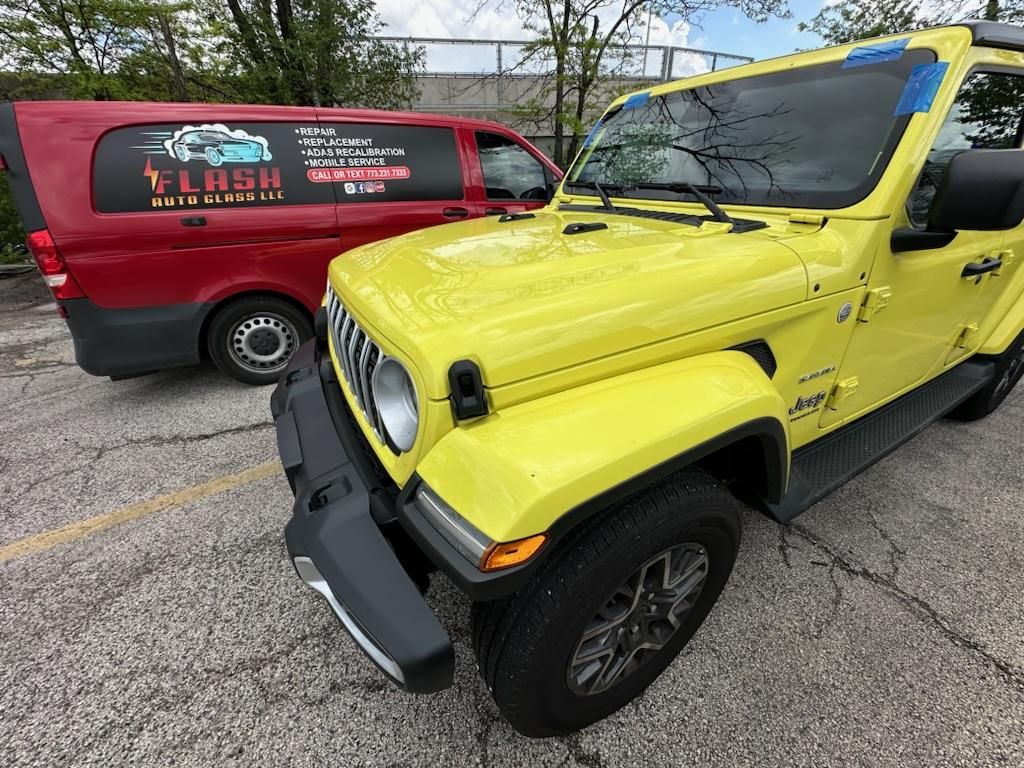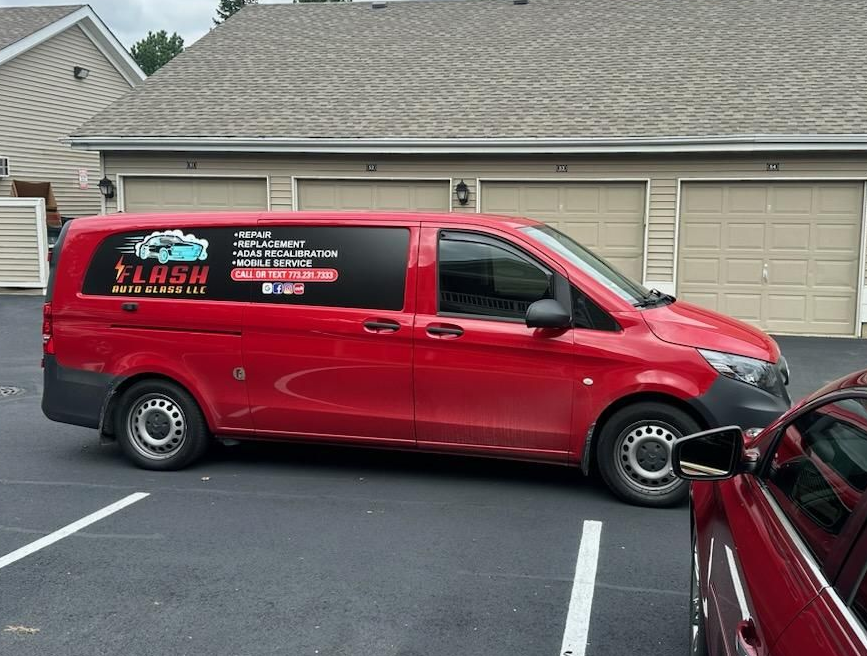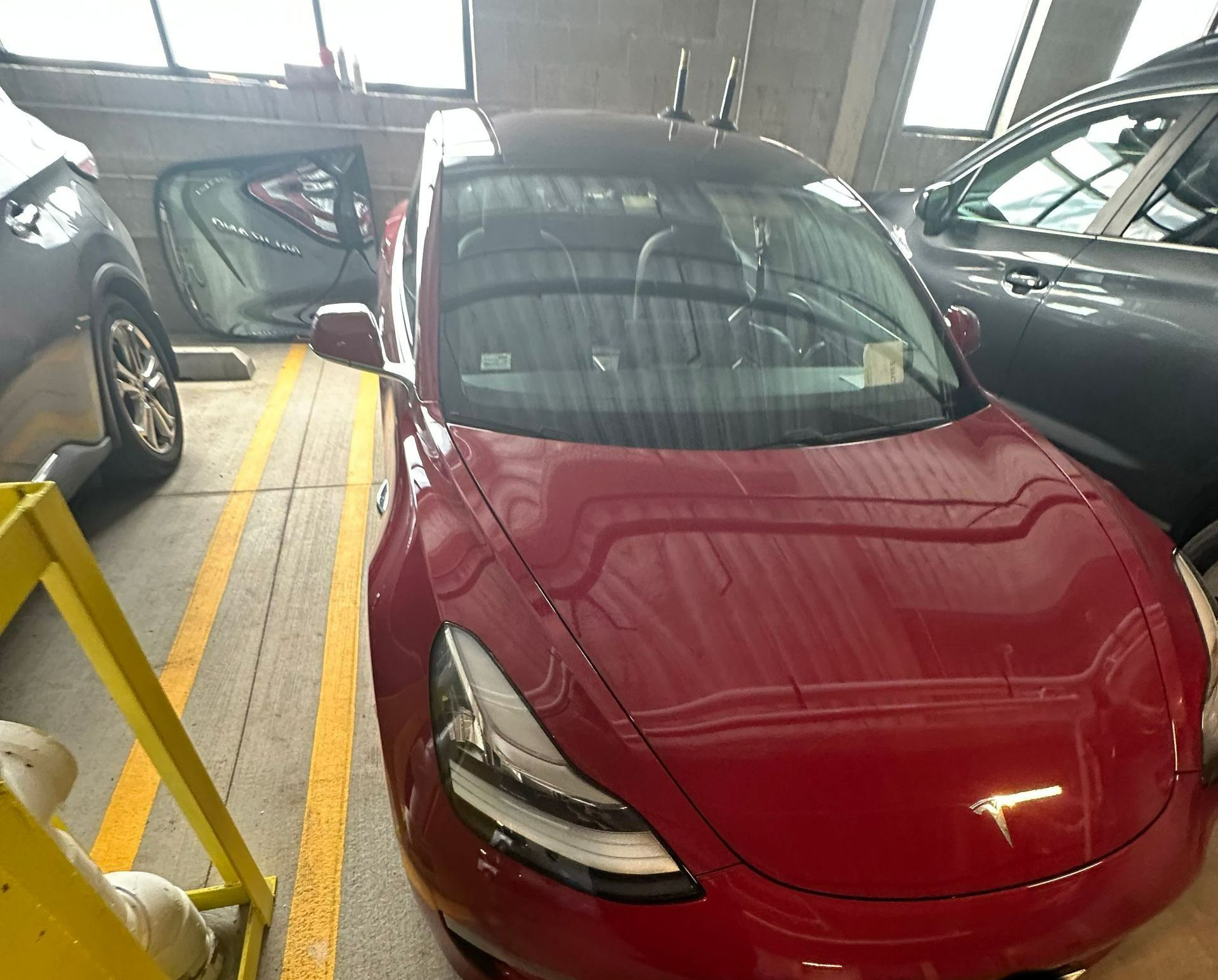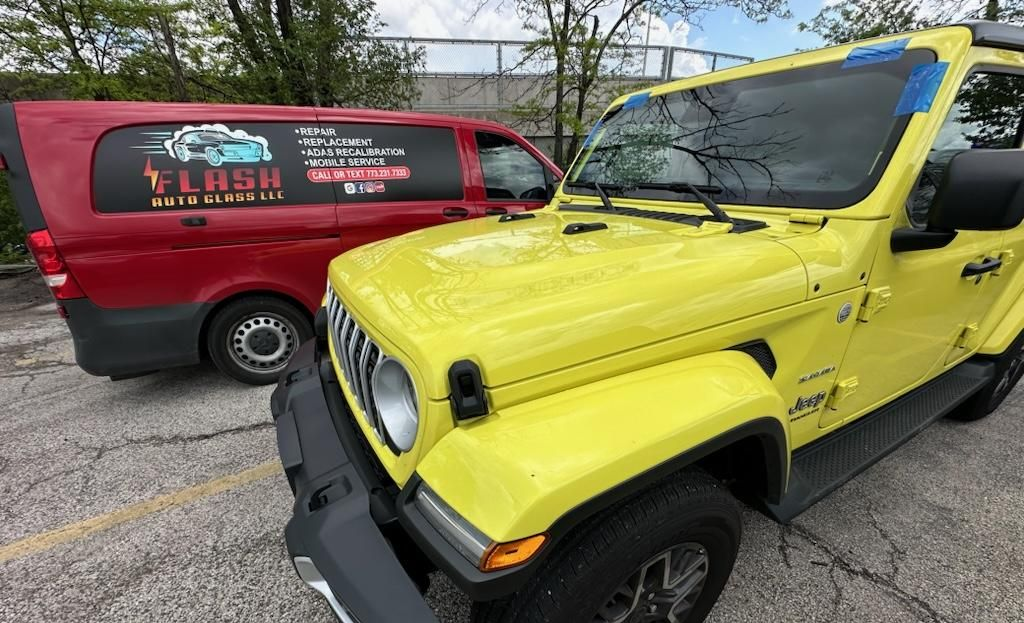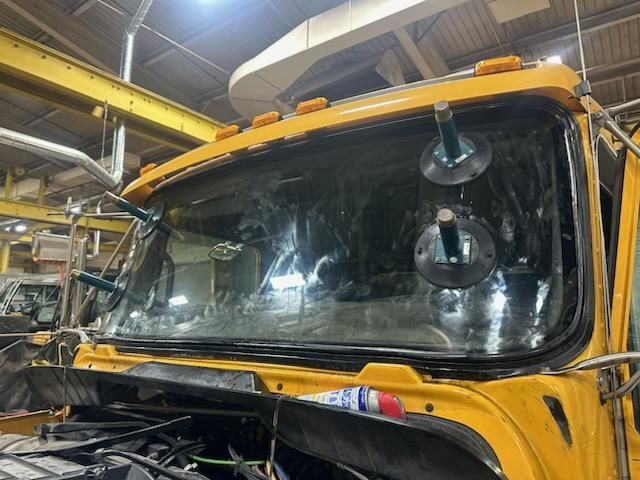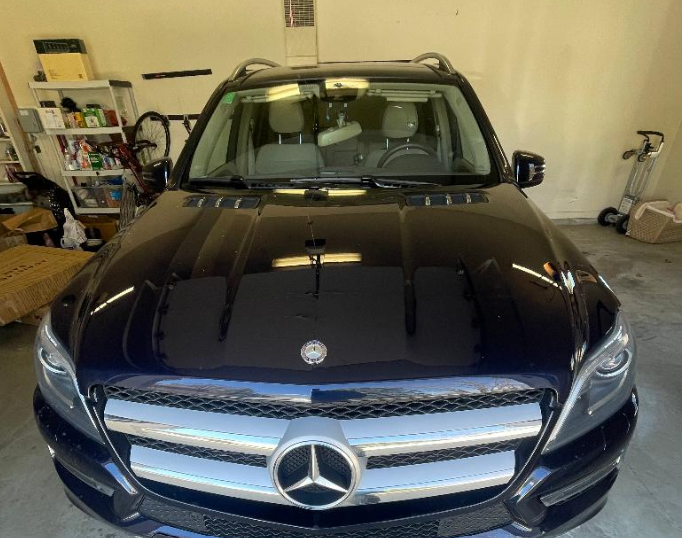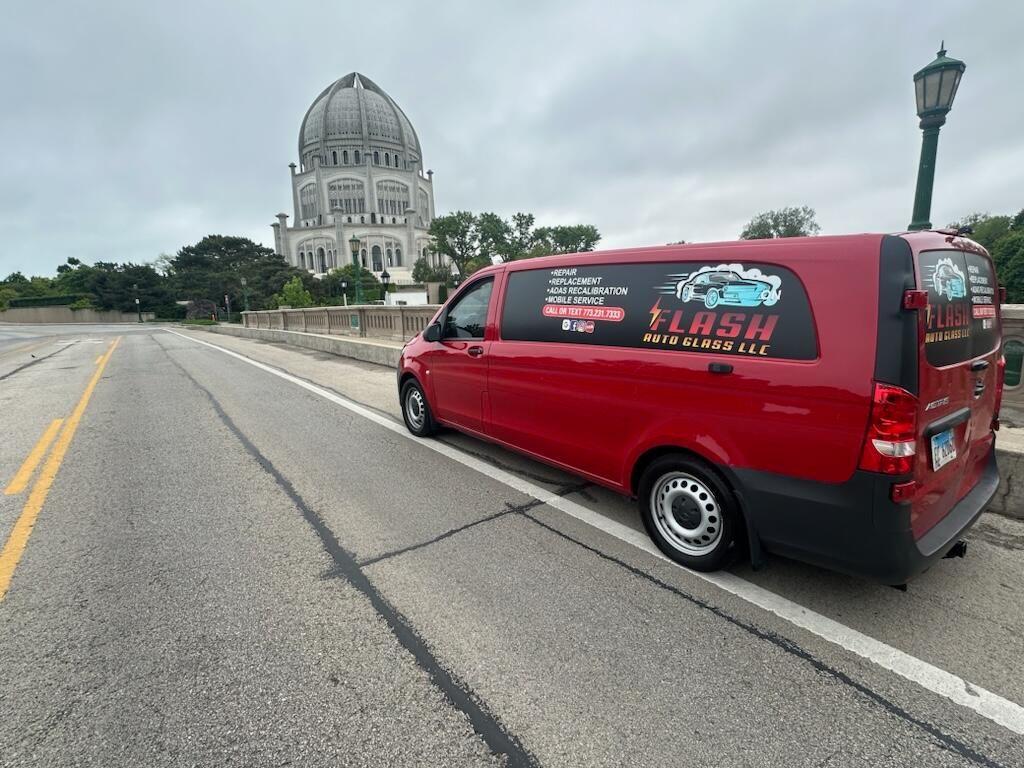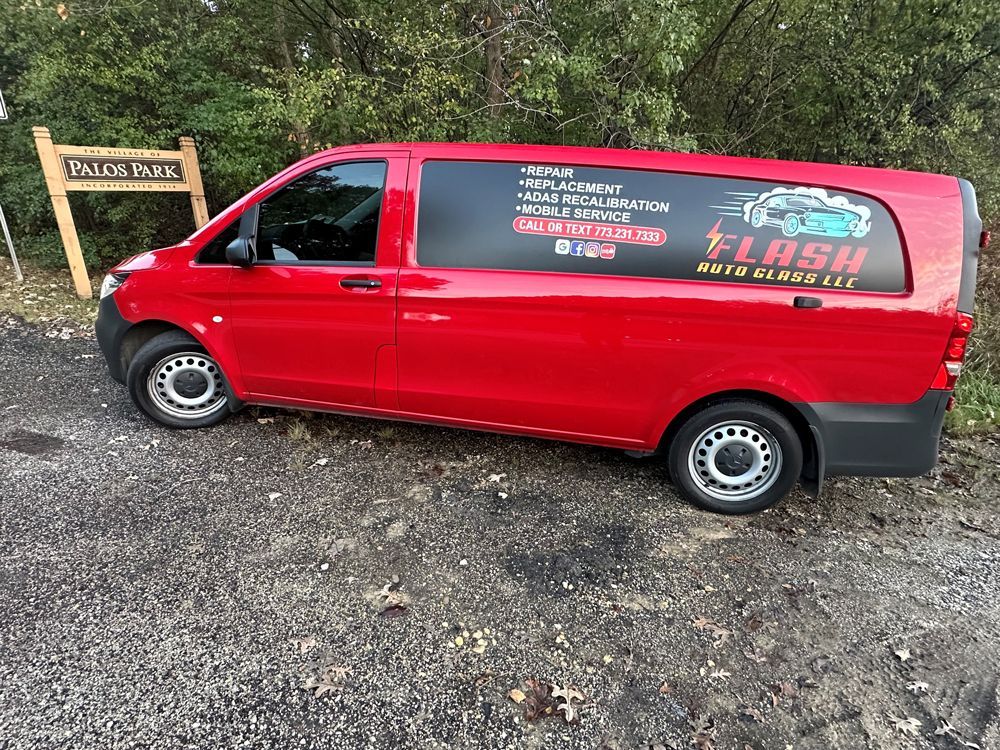Cold Weather, Hot Glass: Can the Autumn Chill Crack Your Windshield?
Does Autumn Weather Put Your Windshield at Risk?
As the leaves turn vibrant shades of red, orange, and yellow, autumn arrives with its cool breezes and crisp air. While many welcome the change in season, vehicle owners need to be aware of the potential impacts of sudden temperature fluctuations on their cars, particularly their windshields. The question arises: Can the autumn chill crack your windshield? The answer is yes, and understanding why can help you take preventive steps to protect your vehicle.
Understanding Windshield Material and Thermal Stress
Most modern windshields are made of laminated glass, composed of two layers of glass bonded together with a plastic interlayer. While this design makes windshields strong and shatter-resistant, it doesn’t make them immune to cracking. One of the risks during seasonal transitions is thermal stress—pressure caused by rapid temperature changes that can lead to fractures or cracks in the glass.
When temperatures drop suddenly, the exterior of the windshield cools quickly while the interior remains warmer, especially if the car has been recently heated. This differential causes the glass to contract unevenly. If the glass is already stressed or has tiny chips or flaws, this rapid, uneven contraction can cause a crack to form or worsen existing damage.
Why Autumn Is Particularly Risky
Autumn features fluctuating temperatures; mornings can be frosty, but afternoons may warm slightly. These rapid shifts magnify the risk of thermal stress. For example, parking your vehicle outside on a cold night and then warming it up rapidly with the defroster or heater can expose your windshield to sudden temperature shocks.
Additionally, as leaves and debris settle onto the windshield, they can hide small chips or cracks. When combined with cold weather, these minor damages can quickly turn into larger, more costly cracks if not addressed promptly.
Common Causes of Windshield Cracks in Autumn
- Temperature Fluctuations: As mentioned, rapid changes from cold to warm conditions cause uneven expansion or contraction. This physical stress can cause the glass to crack.
- Existing Damage: Small chips or cracks, which can go unnoticed, are more vulnerable during cold weather. The stress from temperature shifts can cause these to propagate into larger fractures.
- Frost and Ice: Using hot water or aggressive scraping tools on frozen windshields can create microcracks or exacerbate existing ones. Scraping ice with metal tools or applying high heat directly to the glass can be damaging.
- Debris Impact: Falling branches, acorns, or other debris can cause chips or cracks. In autumn, windy days increase the likelihood of debris striking the windshield, which temperature stresses can then worsen.
Preventive Measures to Protect Your Windshield
The good news is that you can take practical steps to minimize the risk of cracks during autumn:
- Avoid Rapid Temperature Changes: When starting your car, try not to use the defroster on the maximum setting immediately. Instead, let your vehicle warm up gradually. If the windshield is frozen, defrost it gently with the vehicle’s heater setting on low, rather than blasting hot air or pouring hot water.
- Inspect for Damage: Regularly check your windshield for chips and cracks. Address minor damages immediately with repair options to prevent them from worsening.
- Use Proper Ice Removal Techniques: Never use metal scrapers or extreme heat. Instead, use a plastic ice scraper and thaw the ice gently with a windshield de-icer. Lukewarm water is safer than hot water.
- Park in Sheltered Areas: Whenever possible, park in garages or shaded locations to protect against sudden temperature drops or falling debris.
- Schedule Regular Maintenance: If your windshield has minor flaws, consult a professional. Timely repairs can prevent small cracks from expanding due to weather stress.
Autumn’s Beauty Comes with Challenges for Vehicle Maintenance
Windshield cracking is a notable concern. The combination of rapid temperature changes, existing damage, and debris makes fall a critical time to care for your vehicle's glass. By understanding the risks and adopting simple protective measures, you can keep your windshield intact and your driving safe throughout the season.
Do You Have Windshield or Other Auto Glass Damage in Chicagoland?
If you have windshield damage or any questions about auto glass in Elk Grove Village, Bedford Park, Joliet, Chicago, IL, or surrounding areas, contact us at Flash Auto Glass. We offer mobile services for consumers who don’t want to wait in a shop. Flash Auto Glass comes to you and takes care of your auto glass needs with minimal disruption to your day.
